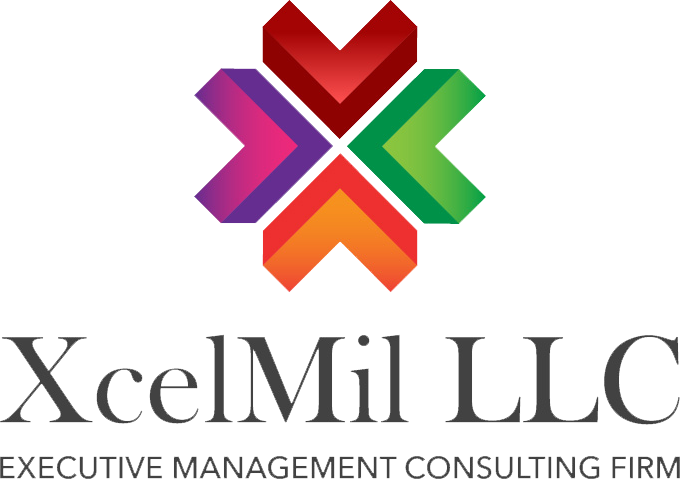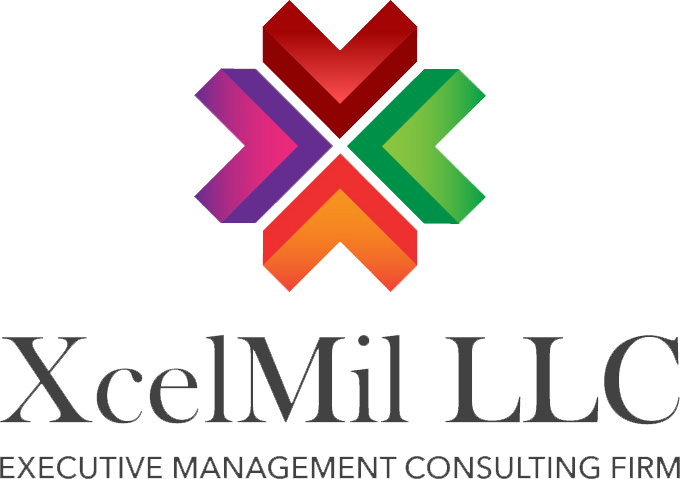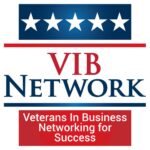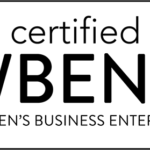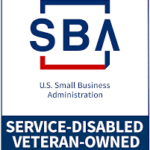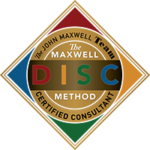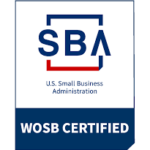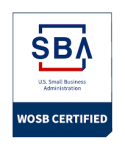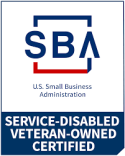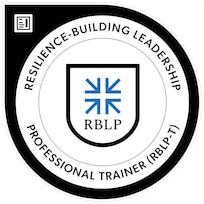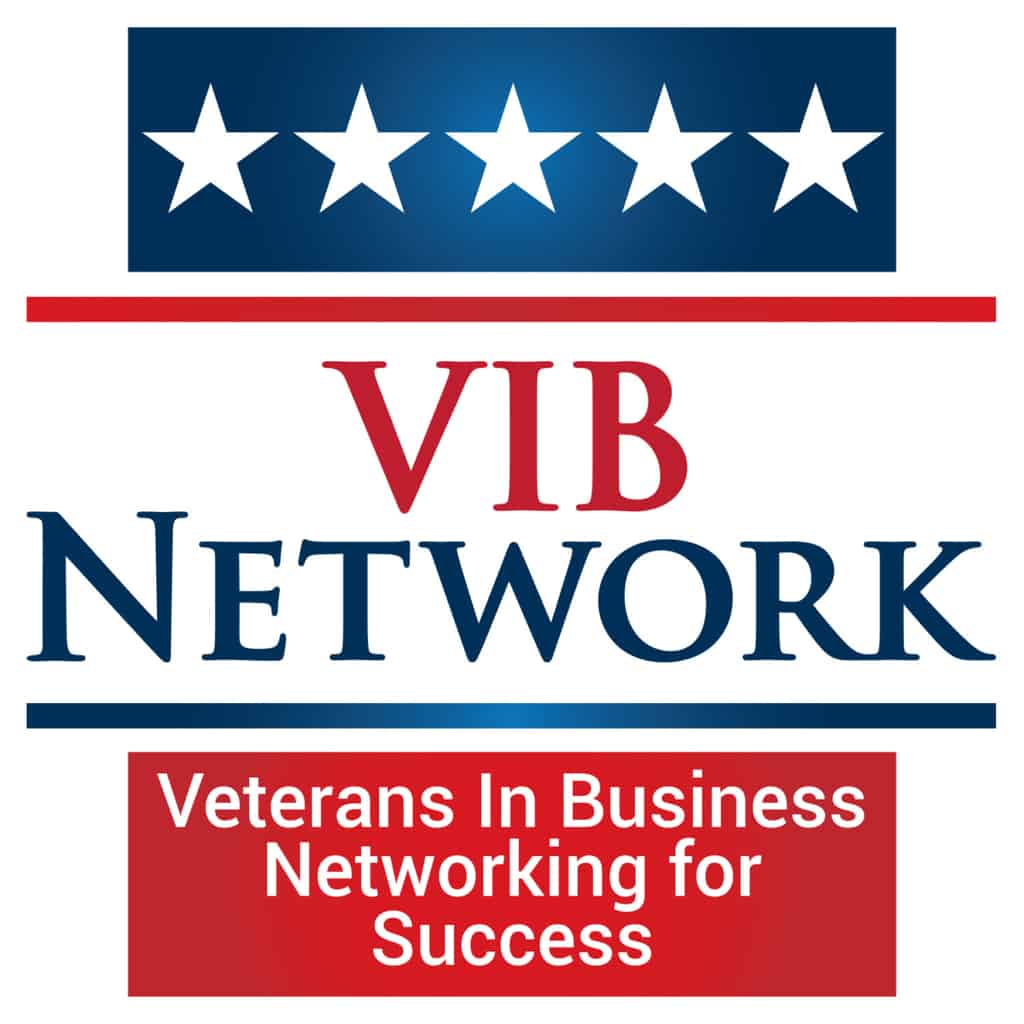Leadership challenges are an inevitable part of any organization or company. Whether you’re leading a small team or managing thousands of employees, navigating the complex landscape of leadership can be incredibly difficult. But with the right strategies and approaches, it’s possible to address these challenges head-on, ensuring that your organization is operating effectively and efficiently. In this article, we’ll explore some of the most common leadership challenges facing organizations today and provide practical tips for how to tackle them successfully. From communication breakdowns to lackluster engagement levels, we’ve got you covered with actionable advice that will help you step up as a leader within your organization. So grab a cup of coffee and get ready to learn – because when it comes to addressing leadership challenges, knowledge is power!
Benefits of Addressing Leadership Challenges
Addressing leadership challenges is vital to the success of any organization or company. Being able to identify and address these challenges immediately can ensure your business remains productive and efficient, even in times of crisis. Leaders who recognize the importance of addressing these challenges can expect to experience numerous benefits.
One key benefit is improved communication among team members. With effective leadership strategies in place, everyone in the organization understands their roles, what’s expected of them, and how they fit into bigger-picture objectives. This leads to better teamwork and collaboration amongst employees at all levels within an organization.
Additionally, being able to resolve conflicts quickly through open communication channels ensures that projects are delivered more efficiently.
Addressing leadership issues also improves employee morale by providing a sense of direction within the organization. When executives effectively communicate values and objectives with staff members, workers become more invested in achieving shared goals ultimately adding value by supporting business growth. Creating a positive work environment where workers feel respected encourages loyalty, which can lead to successful workforce retention rates for businesses competing with other organizations.
It’s important leaders realize proactively addressing leadership concerns helps productive workplaces generate quality growth opportunities across industries over time, confirms continual improvements are made via strategically planning ahead, and ensures proper steps are taken for long-term success.

Developing & Implementing Strategies to Address Leadership Challenges
Developing and implementing strategies to address leadership challenges is crucial for any organization that wants to succeed in the long run. One of the key strategies is effective communication. Leaders need to establish open channels of communication with their teams, encourage feedback from everyone, and ensure clarity in message delivery. This can help prevent conflicts arising from misunderstandings or misinterpretations.
Another strategy is providing ongoing training and development opportunities for leaders at all levels within the organization. Through training programs, leaders can gain new skills, knowledge, and perspectives that enable them to tackle complex situations more effectively. Moreover, this investment in leadership development also sends a strong signal to employees about the importance of professional growth and advancement within the company.
Finally, developing a culture of transparency and mutual respect across different teams helps create an environment where people feel safe speaking up when issues arise without fear of retribution. This fosters collaboration among various departments towards shared goals while minimizing unnecessary bureaucracy or silos that can hinder progress towards organizational objectives.
Ultimately adopting these strategies positions an organization well against inevitable leadership challenges which if ignored may lead to it facing bigger problems like low productivity due to conflict between staff members or derailment on projects caused by lack coordination among internal departments.
Creating a Culture of Open Communication
Creating a culture of open communication is one effective way to address leadership challenges in your organization. Open communication fosters trust and transparency, which are essential for building a positive work environment where everyone can thrive.
Encouraging employees to share their thoughts, ideas, and concerns without fear of retaliation can help leaders identify potential problems before they escalate into bigger issues.
To create a culture of open communication, leaders must be willing to listen actively and respond thoughtfully. They should also model the behavior they want to see in others by communicating clearly and honestly themselves. Leaders should set clear expectations for how employees should communicate with each other and provide opportunities for training or coaching if needed.
Overall, creating an environment where everyone feels comfortable voicing their opinions leads to better teamwork, productivity, and job satisfaction among employees. By embracing open communication practices as part of your organizational culture you will not only be able to tackle current leadership challenges but also proactively prevent them from happening in the future.

Leadership Development Programs
Developing leadership development programs is a critical solution to address the common leadership challenges that organizations face today. These programs help build and enhance the key skills, knowledge, and behaviors required for effective leadership. An effective program should be tailored to meet specific organizational needs, such as cultural enhancement or functional capabilities.
The purpose of developing these programs is not just about providing leaders with training but also in assessing their progress over time continuously. Evaluation metrics are needed to determine if there has been improvement or growth in particular areas of focus such as communication skills, conflict resolution tactics, decision-making abilities, and more.
Suppose you want your organization’s new generation of leaders to possess long-term success traits like adaptability, resilience and self-awareness consistently. In that case recruiting competent professionals, (like XcelMil) trained with broad tactical expertise are essential when creating a well-designed developmental program for growing executives’. By investing in these distinct development set-ups early on can jumpstart your workforce’s career aspirations whilst supporting higher engagement rates and retention levels across teams.
Monitoring Progress and Adjusting Strategies
Monitoring progress and adjusting strategies are essential components of successful leadership. It’s crucial to consistently evaluate the progress of your organization, team or project against predetermined goals and objectives.
Regular check-ins with stakeholders can help you identify areas where there isn’t enough progress, and make necessary adjustments to ensure that you stay on track. Adjusting strategies is important because sometimes the original plan may not be working as intended or may have unexpected obstacles. Auditing strategies can involve identifying new ways to approach problems that arise, exploring new opportunities for growth, restructuring teams or roles within a company or simply making changes to existing systems to improve efficiency.
Leadership is an ever-changing landscape, so it’s essential for leaders to remain flexible and open-minded when monitoring their organization’s progress while adjusting a strategy in real-time if needed. This provides room for experimentation and will ultimately lead towards success in addressing leadership challenges effectively while maintaining organizational goals at heart.
In conclusion, effective leadership is key to the success of any organization. Leaders face a range of challenges, from communication breakdowns to conflicts among team members and resistance to change. However, by implementing some of the strategies discussed in this article, leaders can overcome these challenges and create an environment where employees feel motivated and engaged.
Book a consultation with us now! Please do not hesitate to contact us with any questions. We would love to hear from you. Email at info@xcelmil.com.
Click here https://xcelmil.com/xcelmil-coaching-and-consulting-services/ to learn more about our services.
Twitter: https://twitter.com/GraticMelody
LinkedIn: https://www.linkedin.com/in/melodygraticconsulting/
XcelMil, LLC is a certified Minority-Woman and Service-Disabled Veteran-Owned Small Business specializing in Executive Management Consulting and Leadership Development Training.
